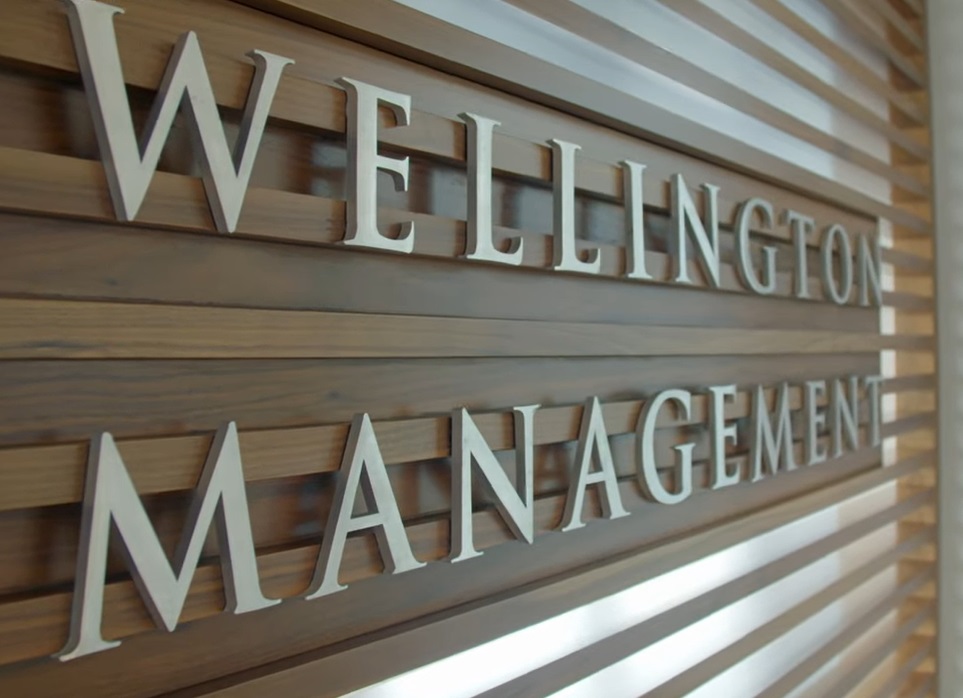EY Survey: Institutional Investors Looking to Ramp Green Investments, but Many Fear a Green Asset Bubble
Global professional services firm EY announced the publication of its 2021 EY Global Institutional Investor Survey, researching investor perspectives on ESG performance, and the role of ESG in investment decision making and long-term investment management. The survey revealed that investors are increasingly integrating ESG risk and opportunity considerations into their investment activities, while highlighting the need for improved sustainability reporting from companies and for more sophisticated analytical tools to assess ESG performance.
For the study, EY commissioned a survey of more than 320 senior decision makers at buy-side institutions around the world, across a broad range of fund AUM sizes and institution types, including banks, insurance companies, pensions funds and family offices, among others.
One of the key findings of the study was a sharp increase in interest in the investors’ focus on sustainability following the events of the past year, with 90% of investors reporting attaching greater importance to companies’ ’ ESG performance when it comes to their investment strategy and decision-making since the COVID-19 pandemic. Similarly, 86% said that they are more likely to hold an investment based on strong ESG performance, and 74% are more likely to divest based on poor ESG performance than prior to COVID-19.
Marie-Laure Delarue, EY Global Vice-Chair – Assurance, said:
“It’s clear that the COVID-19 pandemic has spurred investors to place more emphasis on ESG performance. There are positive signs that this is starting to translate into action, although both companies and investors need to take bolder steps to put ESG performance right at the center of their decision-making.”
The survey also indicated that ESG, and particularly climate considerations are increasingly used both for risk management purposes, and as a source of opportunity for investors. The survey found that 77% of investors plan to devote considerable time and attention to physical climate risk, and 79% to transition risk, when making asset allocation and selection decisions, up from 73% and 71% last year.
On the opportunity front, a vast majority of investors – 92% – reported having made an investment due to anticipated benefit from the green recovery, and 88% said they are likely to increasingly target green-focused investment opportunities. The flow of investment capital into the space, however, has some investors concerned about valuation implications, particularly given the limited options for investment. More than three quarters of investors said that a shortage of green investments may create the risk of a market bubble.
The EY study also revealed strong investor interest in improved ESG information, both in terms of company disclosure, as well as in their own ability to analyze data. More than half of the survey respondents said that a lack of information on how companies create long-term value compromises the usefulness of ESG disclosures, and 50% reported that they are concerned about a lack of focus on material issues in ESG reporting by companies.
There was also a sharp increase in demand for mandatory and standardized reporting. 89% of investors said that it would be helpful to have regulators mandate reporting of ESG performance against a set of globally consistent standards, compared to only 74% in the prior survey. We note that this coincides with the establishment this week by the IFRS Foundation of an International Sustainability Standards Board.
In order to better manage and utilize the growth in ESG reporting and data being generated, investors are looking to ramp investments in analytical tools and solutions. Currently, less than half of the survey respondents report having a “high maturity” approach to analyzing and assessing ESG disclosures and data, while 75% said that they will be looking to make significant investments in data management and sophisticated analysis tools.
Mathew Nelson, EY Global Climate Change and Sustainability Services Leader, said:
“If there is going to be real progress in the years ahead, investors need to make ESG performance part of their strategic planning; and companies must act fast to provide clearer and more detailed disclosure on ESG risks. But there’s no escaping the fact that we urgently need a clearer regulatory landscape, with consistent global standards that investors and companies alike will need to follow.”
Click here to view the survey results.





